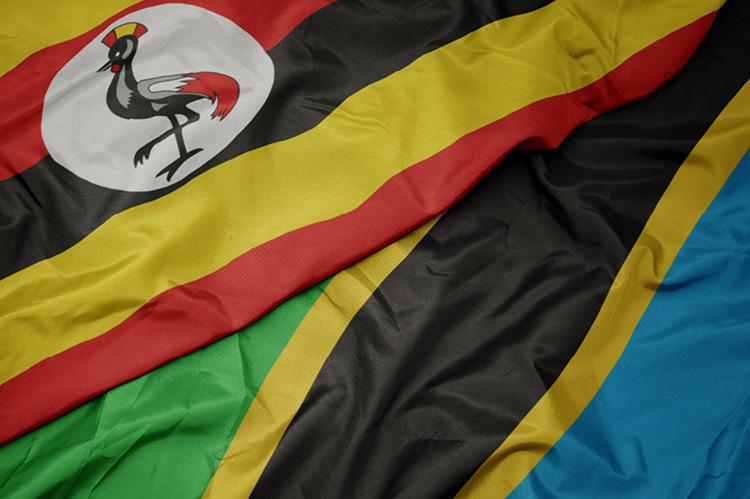Uganda And Tanzania Have Finalized Crude Oil Pipeline Terms, Drilling to Begin Soon

Tanzania and Uganda signed a deal with French and Chinese oil firms last week, finalizing a $10 billion pipeline and drilling project. While the project supporters say the pipeline project will boost the two countries economic growth, Ugandan activists said the complaints from the families affected by the government's project hadn't been taken into consideration.
One day after the presidents of the two countries signed the terms of the mega project, the civil society organizations have raised a red flag following the unresolved complaints from the affected. The newly signed agreements between the two East African neighbors give the green light to the construction and development of the East African Crude Oil Pipeline linking Tanzania's port of Tanga to the prospected oil fields in Uganda.
Despite the two governments signing the terms of the project amid tensions with the affected communities around Lake Albert in Uganda, Ugandan civil society organizations have protested the decision under the umbrella "Stop EACOP."
The organizations argue that the construction of the $3.5 billion proposed pipeline and drilling violates the rights of the communities living around Lake Albert, the same area where drilling of oil wells is expected to take place.
The NGO Africa Institute for Energy Governance, an initiative that provides legal support to the community affected by the bilateral pipeline project, was raided by the police twice in 2021, a move that the NGO's executive director, Dickens Kamugisha, said was aimed at silencing the voice of the weak by alleging they were operating without a license.
According to Kamugisha, the ill-fashioned tactic by the state agency followed the NGO's move to raise fundamental issues relating to the victims' property rights. Kamugisha told the VOA that the project victims would be compensated, although they weren't given a chance at the negotiating table.
"They are being forced to open bank accounts. But even those who have opened, they don't receive the money," lamented Kamugisha.
"Many people haven't agreed on the compensation rates, but they are being told you have to receive whatever is available. So, the communities are still aggrieved. There are no grievance handling mechanisms. The courts are not functioning, so the people are helpless. People have been made to even become poorer and more miserable and desperate."
The controversial oil drilling and transport pipeline project was signed between France's Total Energies and a Chinese company China National Offshore Oil Corporation. Total Energies is currently facing a lawsuit in France for failing to prevent environmental degradation and human rights violations linked to the project.
Uganda's President Yoweri Museveni noted the drilling and pipeline project had been delayed for years by pressure piled on Total Energies by civil society groups. The project is expected to deliver 60,000 barrels of oil to Tanzania every single day and 6.5 billion barrels per year when completed.
Uganda's oil deposits were first discovered in 2006, with the exports expected to begin in 2025 if the drilling starts as already planned.

